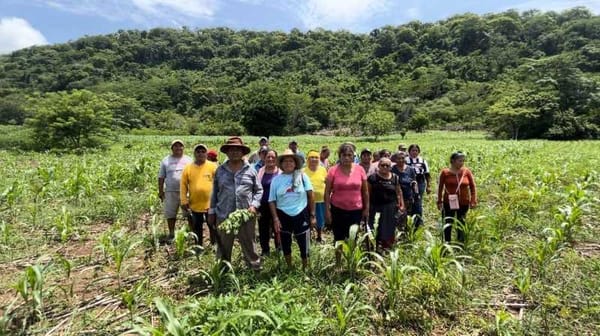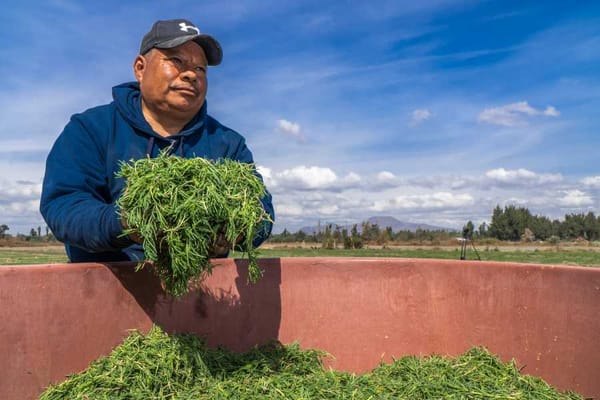How did the Prohibition Law come about and when is it applied in Mexico?
Prohibition Law has been a constant and not very well seen by the population for many years now, since it means that for a few hours or days the sale of alcohol is forbidden in Mexico, but do you know how it came about and why it is applied?

For several years, the Prohibition Law has been a constant not very well seen by the population, since it means that for a few hours or days the sale of alcohol is prohibited in Mexico, but do you know how it came about and why it is applied?
What is the Prohibition Law and how did it come about?
Basically, Prohibition refers to the fact that commercial establishments must not sell alcoholic beverages; although some places such as restaurants may do so as long as they are consumed together with food.
The Prohibition Law or Volstead Law emerged in Mexico at the beginning of the 20th century and, as expected, the United States had a great influence. In 1919, the neighboring country implemented a law that, although it did not totally prohibit the consumption of alcohol, did prohibit its production, transportation, and sale.
The objective at that time was to curb the consumption of alcoholic beverages in the population, but it did not work as it was thought, because from moderation it went on to prohibit them completely, which unleashed, in addition to clandestine bars, an era of violence, delinquency and organized crime for the sale of alcohol, to such a degree that the restriction disappeared in December 1933.
Why is the Prohibition Law enforced in Mexico?
Records show that the first government efforts to implement alcohol prohibition in Mexico date back to 1929, when the government launched a campaign to "improve the moral and economic condition of the worker", although it met with the same fate as in the United States.
Currently, surprisingly enough, in Mexico, the Prohibition Law does not exist as such, but there are some references in the law. Article 300 of the General Law of Electoral Institutions and Procedures specify the following:
On the day of the election and the preceding day, the competent authorities in accordance with the regulations that exist in each federative entity may establish measures to limit the hours of service of the establishments where intoxicating beverages are served.
Another mention about Prohibition is in an official document of Mercantile Establishments for the Mexico City Metropolitan District. Article 5, section II reads:
(It corresponds to the Secretary of Government) To order, by means of a general agreement that must be previously published in the Official Gazette of Mexico City and in at least one newspaper of national circulation, the suspension of activities in mercantile establishments on specific dates or times, with the purpose of monitoring that order and public safety are not altered.
In summary, this means that the application of what is known as the Prohibition Law is left to the consideration of each state and municipality; for this reason, on some occasions, the limitation does not apply in all of Mexico.
Countries with restrictions on alcohol consumption
Mexico is not the only country that has a Prohibition Law; there are others in Latin America that have similar measures, such is the case of Brazil, Bolivia, Venezuela, Chile, and Colombia. For the most part, in all these places, the objective of the " Prohibition Law" is to avoid disturbing public order and public safety, and therefore it is usually used to a greater extent during any electoral process. However, in Mexico, it is also used during certain festivities or in extraordinary cases such as during the first months of the coronavirus pandemic.
Source: AD40




